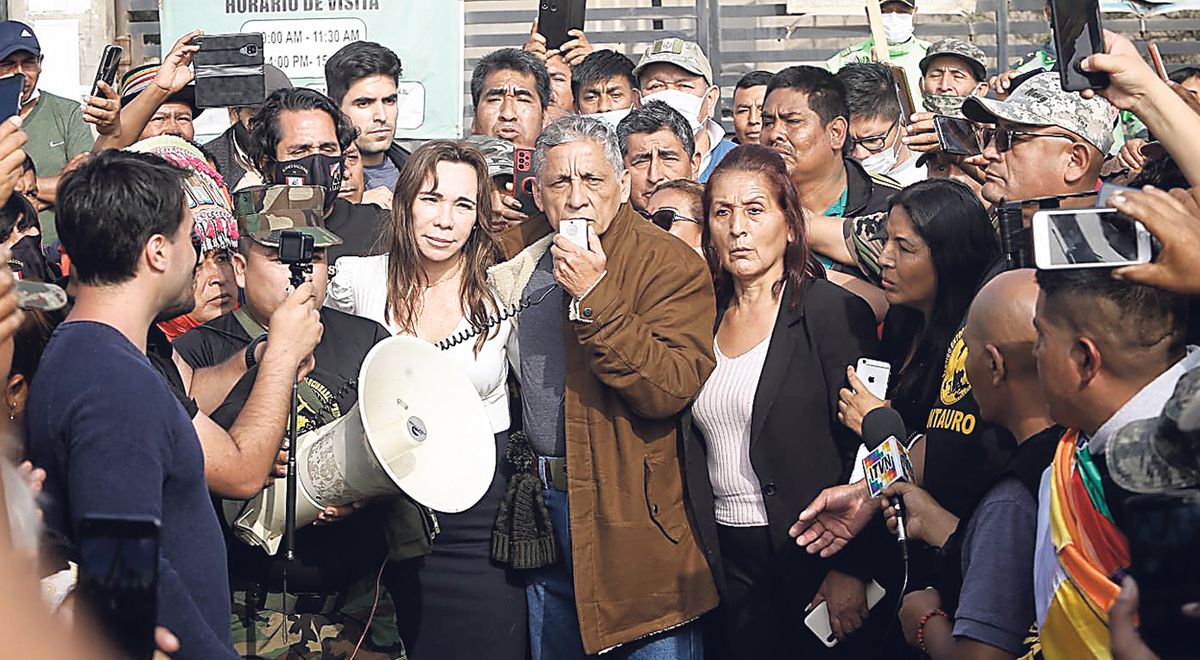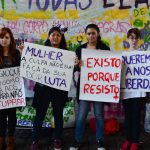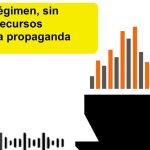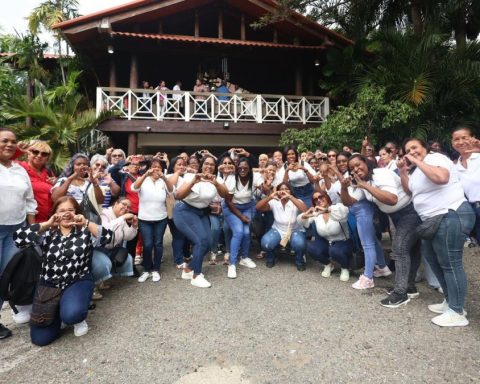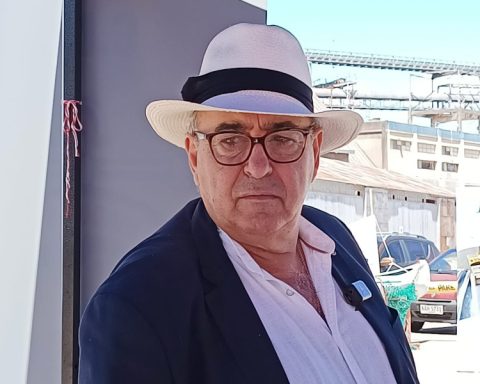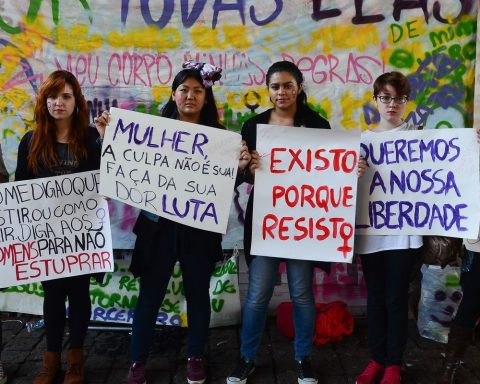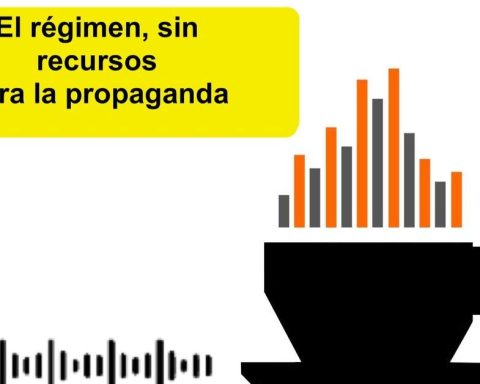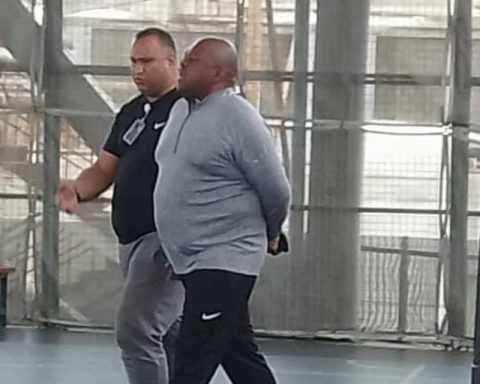The leader of the so-called ethnocacerista movement, Antauro Humala Tasso, left the Ancón II prison yesterday afternoon, after serving 17 years and 7 months in prison for the crimes of kidnapping and simple homicide of four members of the National Police. His departure opens new scenarios in the political arena.
The retired soldier manages to get out on the fourth attempt. The National Penitentiary Institute (INPE) explained that the prison technical council of the Ancón II prison decided to grant him freedom for serving his sentence, through redemption for work and education.
Antauro Humala had been sentenced to 19 years in prison for the crime of four police officers during the Andahuaylas uprising in January 2005.
On that occasion, PNP captain Carlos Cahuana Pacheco, PNP lieutenant Luis Alex Chávez Vásquez, PNP third party technician Abelardo Cerrón Carbajal and PNP second technician Ricardo Rivera Fernández were assassinated.
Yesterday, as soon as he crossed the prison door, Antauro Humala met again with members of the ethnocacerista movement and made it clear that he had not repented for the crimes committed in the Andahuaylazo.
“We all feel very proud of what we did in Andahuaylas,” he said, megaphone in hand.
crimes. The 2005 riot claimed the lives of four police officers. Photo: diffusion
Political activity
Virgilio Acuña, a politician close to the military, announced this week on RPP that Antauro Humala “will be a good political actor in the times to come. I am sure that he will go out and continue doing politics… that is his passion”, he added.
He also said he did not know if there is any relationship between ethnocacerism and the Castillo government. However, this week it was made public that Virgilio Acuña visited Prime Minister Aníbal Torres and on Tuesday he had been summoned by President Pedro Castillo.
Also in March of this year, the investigative portal Epicentro TV revealed that Antauro Humala had written letters to President Castillo and in one of them he requested the change of the then head of INPE, Susana Silva, as happened later.
Antauro Humala yesterday made political statements, referring to the corruption processes faced by two former presidents.
“The facts prove us right. Where are the presidents against whom we rebelled 17 years ago? (Alejandro) Toledo, fugitive, prisoner, corrupt and thief, ”he said, and in the same vein he referred to Pedro Pablo Kuczynski.
Exercise. Followers never stopped doing politics. Photo: diffusion
The current legal framework
Antauro Humala announced that he will return to Andahuaylas, which means the restart of his political activity. The ethnocacerist leader Javier Julca explained that his leader will tour Cusco, Puno, Tacna, Moquegua and Arequipa, according to the Huanca York Times portal.
Already in 2020 Antauro Humala had a political role, during the complementary elections for Congress.
He led the Unión por el Perú (UPP) party from prison and the use of his name in the campaign generated a support of 6.7% in the general results, well above the now defunct PPC and Apra parties.
Thus, they had thirteen seats in Parliament and some were elected who had also served a sentence for participating in the Andahuaylazo.
As for a possible scenario of early general elections, the lawyer José Tello specified that Antauro Humala is prevented from running until 2024. Although he has already been released for redemption of the sentence, the sentence has been handed down until 2024.
José Tello specified that Antauro Humala will be able to run for the presidency in 2026. Unless Congress reforms Law 30717, to broaden the impediments to running for those sentenced for kidnapping and simple homicide.
The electoral law expert points out that this would have to include a reform of the Magna Carta on the principle of social reintegration, to give it a constitutional framework.
Void of reforms in Congress
So far, none of the congressional benches has presented reform projects to prevent people sentenced for homicide from running for political office.
Law 30717 only prevents those sentenced for terrorism, advocacy of terrorism, drug trafficking, rape, in addition to corruption crimes, from applying.
There is only one Democratic Change bill that proposes to prohibit the affiliation to political organizations of those sentenced for corruption, terrorism, drug trafficking, rape or femicide. And Renovación Popular only proposes that those sentenced not be able to lead a political party.
